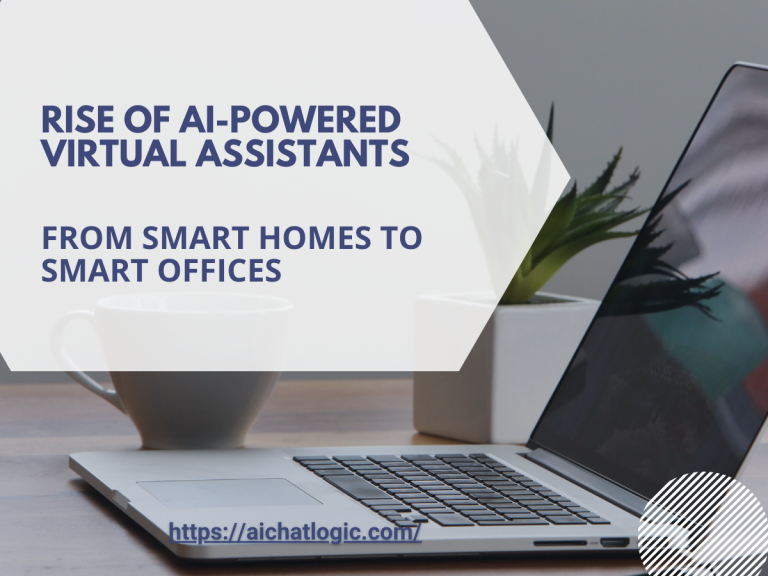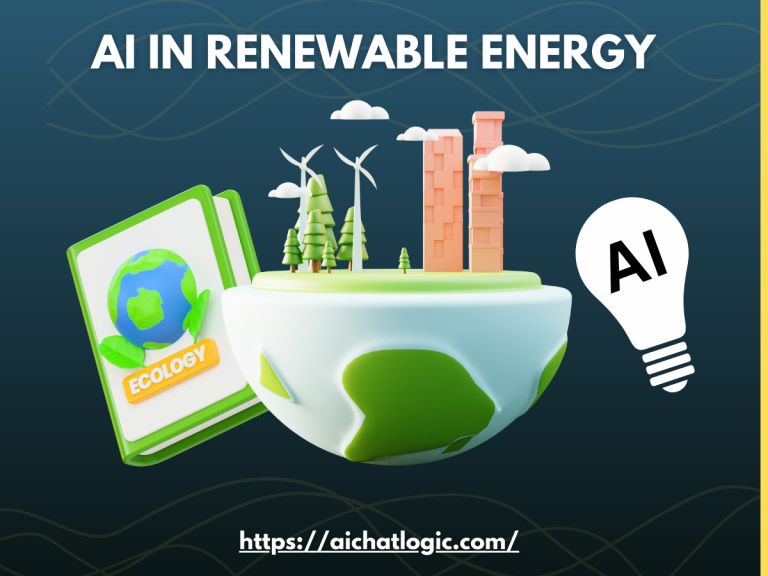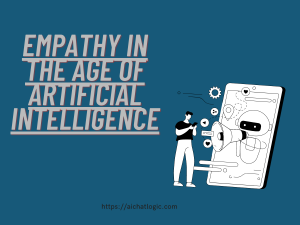1. Introduction
The role of Artificial Intelligence (AI), often referred to as AI, is a branch of computer science that focuses on creating intelligent machines capable of performing tasks that typically require human intelligence. These machines are designed to learn from experience, adapt to new information, and make decisions based on data analysis. AI has gained significant traction in recent years, and its impact on various industries cannot be overstated.
2. Understanding Artificial Intelligence
Before delving into the role of AI in transforming industries, it’s essential to understand the fundamentals of artificial intelligence. AI encompasses several subfields, including machine learning, natural language processing, computer vision, and robotics. Machine learning, in particular, plays a crucial role in AI by enabling machines to learn from data and improve their performance over time without explicit programming.
3. AI in Healthcare
The healthcare industry has embraced AI to enhance patient care, diagnosis accuracy, and treatment effectiveness. AI-powered systems can analyze vast amounts of medical data, including patient records, research papers, and clinical trials, to identify patterns and provide valuable insights. AI can assist in early detection of diseases, personalized treatment plans, and even drug discovery.
4. AI in Finance
In the finance sector, AI has revolutionized various processes, such as fraud detection, risk assessment, and algorithmic trading. AI-powered algorithms can analyze market trends, historical data, and economic indicators to make informed investment decisions. Additionally, AI chatbots have become increasingly common in customer service, providing personalized assistance and improving overall customer experience.
5. AI in Manufacturing
Artificial intelligence is transforming the manufacturing industry by optimizing production processes and improving operational efficiency. AI-powered systems can monitor and analyze real-time data from sensors, enabling predictive maintenance and minimizing equipment downtime. Robots and automation powered by AI are also being utilized for tasks that are repetitive, hazardous, or require high precision.
6. AI in Customer Service
Customer service departments are leveraging AI technologies to enhance their support capabilities. AI-powered chatbots and virtual assistants can handle routine customer queries, provide instant responses, and escalate complex issues to human agents when necessary. This automation not only improves response times but also reduces operational costs for businesses.
7. AI in Transportation
The transportation sector is undergoing a significant Transforming with the integration of AI. Self-driving cars, powered by AI algorithms and sensors, have the potential to enhance road safety, reduce traffic congestion, and increase fuel efficiency. AI-powered logistics and route optimization systems are streamlining supply chains, reducing delivery times, and lowering costs.
8. AI in Marketing and Advertising
AI plays a pivotal role in marketing and advertising by enabling businesses to personalize campaigns and target specific customer segments effectively. Through AI algorithms, consumer behavior, preferences, and purchasing patterns are analyzed to deliver tailored advertisements and recommendations. This level of personalization enhances customer engagement and boosts conversion rates.
9. AI in Education
Education is another sector experiencing the transformative power of AI. Intelligent tutoring systems powered by AI algorithms can adapt to individual student needs, provide personalized learning experiences, and offer real-time feedback. AI-enabled educational tools also facilitate data-driven decision-making for teachers and administrators, improving educational outcomes.
10. AI in Agriculture
In agriculture, AI is enhancing crop yield, resource management, and pest control. AI-powered drones and sensors can monitor crop health, soil conditions, and water usage, enabling farmers to make data-driven decisions and optimize their farming practices. AI algorithms can also predict crop diseases, detect pests, and recommend appropriate treatments.
11. AI in Entertainment
The entertainment industry is leveraging AI to enhance content creation, recommendation systems, and audience engagement. AI algorithms can analyze vast amounts of user data, including viewing preferences and browsing habits, to offer personalized recommendations for movies, music, and other forms of entertainment. Additionally, AI-powered virtual reality and augmented reality experiences are revolutionizing immersive entertainment.
12. AI in Cybersecurity
As cybersecurity threats continue to evolve, AI is becoming an indispensable tool for detecting and mitigating these threats. AI-powered systems can analyze network traffic, identify suspicious patterns, and detect anomalies that could indicate a cyber attack. By leveraging AI’s ability to learn from past incidents, organizations can proactively strengthen their cybersecurity defenses.
13. Ethical Considerations of AI
While AI brings numerous benefits, it also raises ethical concerns. The responsible development and use of AI should prioritize transparency, fairness, and accountability. Safeguards must be in place to prevent bias in AI algorithms, protect user privacy, and ensure the ethical treatment of data. As AI continues to evolve, addressing these ethical considerations will be crucial.
14. Future Outlook
The future of AI is brimming with possibilities. Advancements in AI research and technology will further drive its transformative impact across industries. However, as AI becomes more integrated into our daily lives, ongoing discussions and collaborations among stakeholders will be essential to navigate the ethical, societal, and economic implications.
15. Conclusion
Artificial Intelligence is a game-changer, transforming industries and unlocking new opportunities for growth and innovation. From healthcare to finance, manufacturing to education, AI is revolutionizing the way businesses operate and delivering tangible benefits. As we move forward, harnessing the power of AI responsibly and ethically will be paramount to shape a future where AI augments human capabilities and drives positive change.
FAQs
Q1: How does AI benefit the healthcare industry? AI benefits the healthcare industry by improving patient care, enabling early disease detection, and enhancing personalized treatment plans. It can analyze vast amounts of medical data and provide valuable insights for medical professionals.
Q2: How is AI used in finance? In finance, AI is used for fraud detection, risk assessment, algorithmic trading, and customer service. AI-powered algorithms can analyze market trends and make informed investment decisions, while AI chatbots provide personalized assistance to customers.
Q3: How does AI impact the manufacturing sector? AI optimizes manufacturing processes by enabling predictive maintenance, reducing downtime, and automating repetitive tasks. It also enhances operational efficiency and helps in resource allocation.
Q4: What role does AI play in customer service? AI plays a significant role in customer service by using chatbots and virtual assistants to handle routine customer queries. This automation improves response times and reduces operational costs.
Q5: How is AI transforming transportation? AI is transforming transportation through self-driving cars, logistics optimization, and route planning. It improves road safety, reduces congestion, and enhances fuel efficiency.












+ There are no comments
Add yours